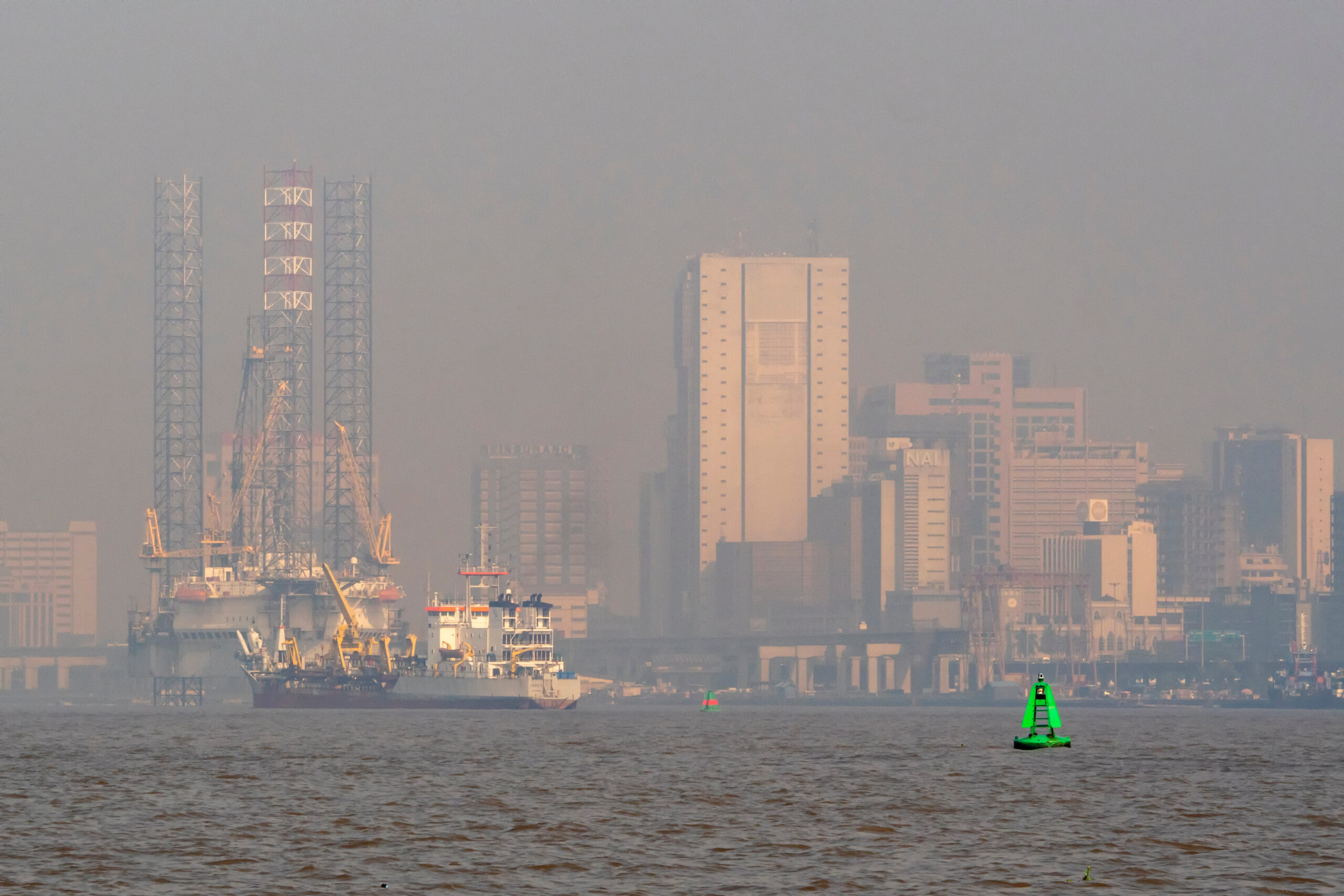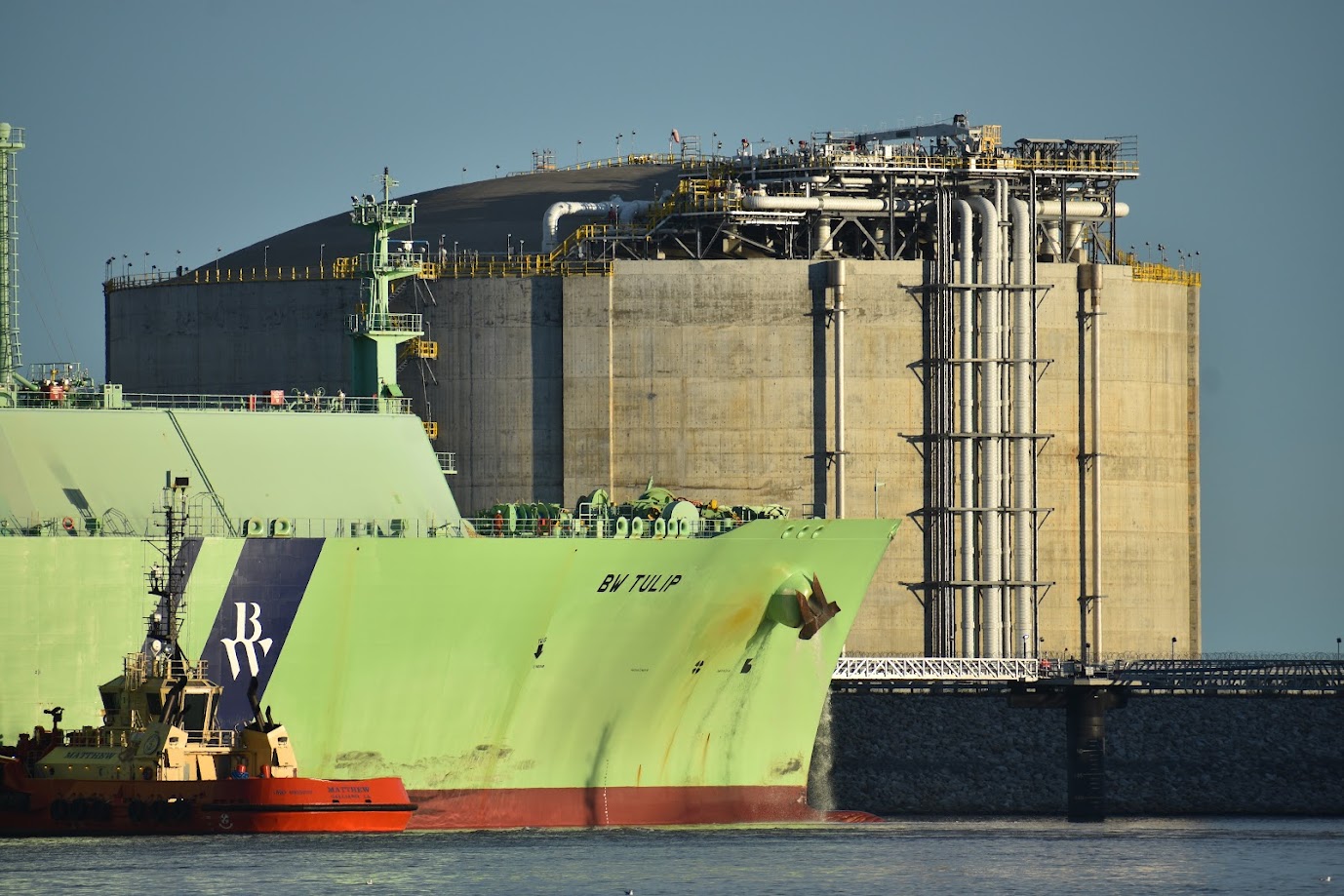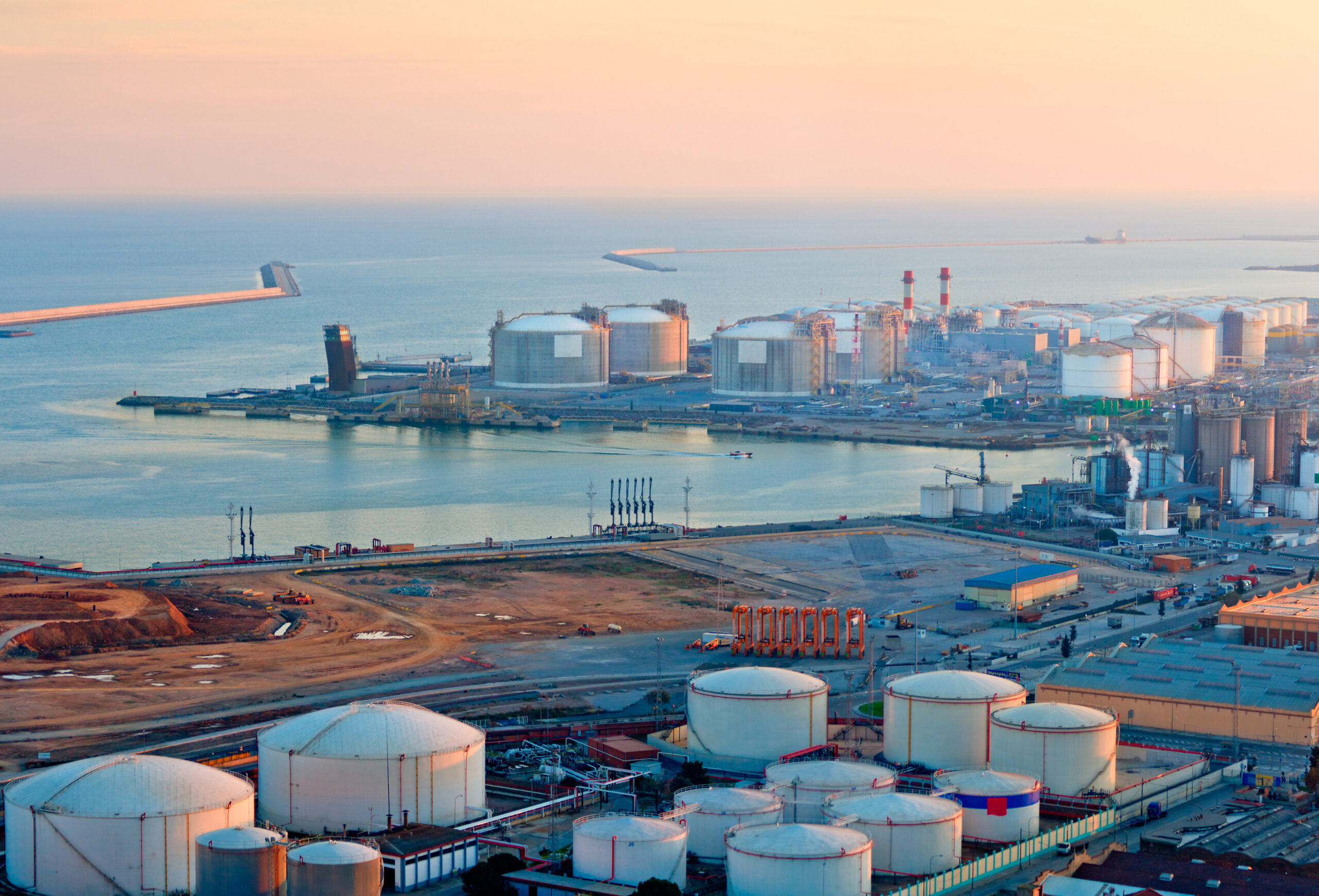Nigeria LNG production risks economic instability, stranded assets: report
Nigeria’s LNG expansion risks economic instability, stranded assets, and perpetuating fossil fuel dependency, according to a new report.

A new report by the International Institute for Sustainable Development (IISD) says that Nigeria’s push to expand its liquefied natural gas (LNG) production could put the country in a precarious economic situation and prolong its dependency on fossil fuels.
The report noted this would leave the country with stranded assets as international demand for gas falls.
Amid global decarbonisation efforts, continued international demand for gas is far from guaranteed, and forecast to decline from 2030, according to the International Energy Agency.
Therefore, the report said Nigeria’s plans to ramp up LNG production despite uncertain markets and the risk of deepening its fossil fuel dependency could leave the country with unprofitable and abandoned assets and reduce the financing of more sustainable energy sources.
The report identifies three key risks in scaling up LNG production in Nigeria. They include Nigerian LNG exports struggling to compete on the global market after 2030, the risk that replacing oil revenue with LNG may not generate expected income and the “high likelihood” that new LNG infrastructure may be stranded.
Bathandwa Vazi, a policy advisor at IISD, noted in a statement made available to Gas Outlook that Nigeria’s LNG dash is short-term thinking which could end up costing the country dearly. She said economic diversification away from fossil fuels is critical in building a sustainable future for the country, not locking in further dependence on polluting commodities.
“Nigeria is already up against bigger players in the LNG market and new LNG developments take 8–10 years to produce gas. As international demand for gas peaks, Nigeria must recognise that a fossil fuel-based economy cannot carry it far into the future.”
Despite facing declining oil revenues, economic turmoil following the COVID-19 pandemic and inflated European demand for LNG following Russia’s invasion of Ukraine, the report said Nigeria has moved to address its revenue shortfall by significantly scaling up LNG production.
Oil revenues have long underpinned the Nigerian treasury, accounting for about two-thirds of government earnings and 90% of its foreign exchange income.
“But as production has fallen due to lower levels of investment and regional unrest, there is renewed focus on LNG, which provides considerably smaller, albeit growing, revenues. In 2023, LNG revenue reached 74 billion Naira (US$ 51 million), accounting for around 7% of total government revenue.
“As of 2022, Nigeria was already the sixth-largest LNG exporter worldwide, with a 6% market share, and as oil contributes less to revenues, the government plans to build on its existing LNG developments, with ministers declaring 2021-30 the “decade of gas.”
The report finds that Nigeria’s planned assets would begin operating far beyond the middle of this century. “The eventual transition to a low-carbon world, expected to accelerate after 2030, could leave LNG assets stranded as demand dries up. Underscoring this, Carbon Tracker projects a 69% reduction in Nigeria’s fossil fuel revenues over the next two decades if global energy trends shift towards a low-carbon pathway, the researchers note.
Instead of investing over-zealously in the fossil fuel economy, the report further states that Nigeria must manage its gas ambitions realistically, align with transition plans, and prioritise community development in gas projects.
“Electricity access challenges can be met by adding more sustainable and affordable sources of energy into the energy mix, and LNG expansion should not come at the expense of addressing inequality, energy access and socio-economic challenges,” the report added.



